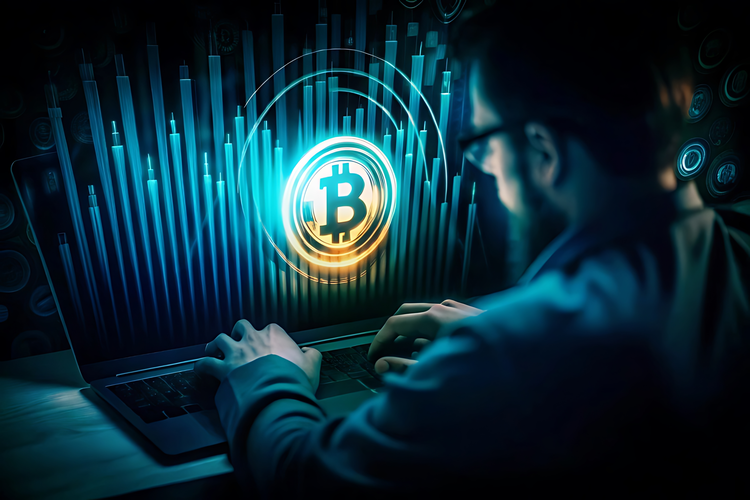
Originally published on: September 03, 2024
During Korea Blockchain Week (KBW) 2024, Solana Foundation’s Dan Albert defended the network’s decentralization amidst concerns about patch coordination. Albert emphasized that coordinating a patch does not equate to centralization, refuting recent claims that Solana’s network lacks decentralization.
On August 9, Solana validator Lain shared details of a critical vulnerability that could potentially have disrupted the network. Despite the successful coordination of a patch, some questioned the network’s decentralization status, as the process was conducted discreetly.
Speaking at KBW 2024, Albert clarified that the patch was necessitated by a security flaw that posed a threat to the Solana mainnet’s operation. He explained that the ability to address the bug promptly does not compromise the network’s decentralized nature. Albert highlighted that communication between the Solana Foundation and node operators, who play an active role in the community, was essential for ensuring network security.
Although some entities operate multiple nodes, Albert reassured that the patch was open-source and voluntary for deployment. He reiterated that the Solana Foundation’s ability to liaise with validators should not be misconstrued as centralization.
This incident is not the first time Solana has faced accusations of centralization. In 2022, concerns were raised about the network’s vulnerability to centralized control. However, Solana-based DeFi platform Unstoppable Finance defended the network’s decentralization, pointing out its extensive validator count compared to other blockchains.
In the midst of debates regarding Solana’s decentralization, the network remains resilient and committed to upholding its decentralized architecture. Discover the pitfalls to avoid when venturing into Solana memecoins in our latest issue!



